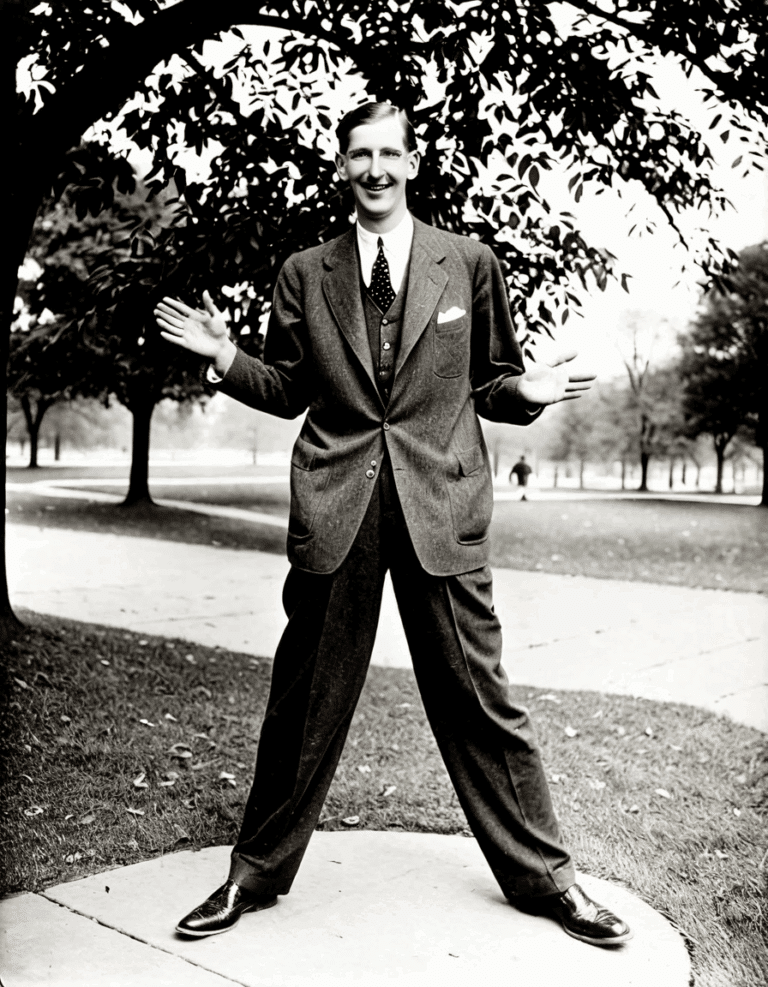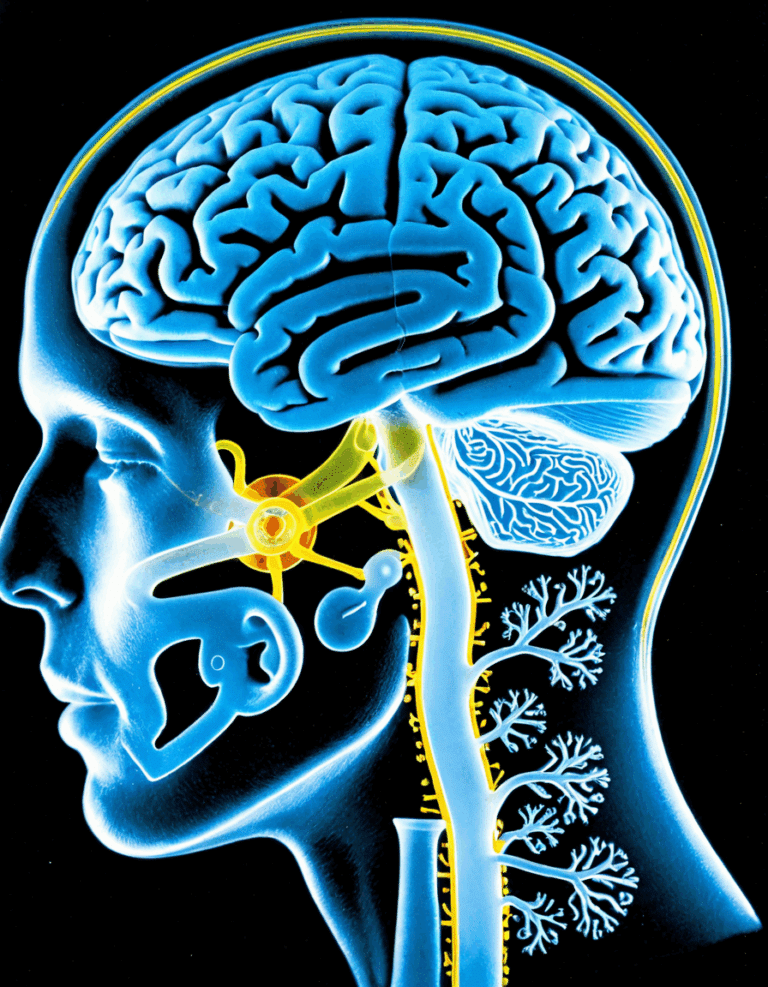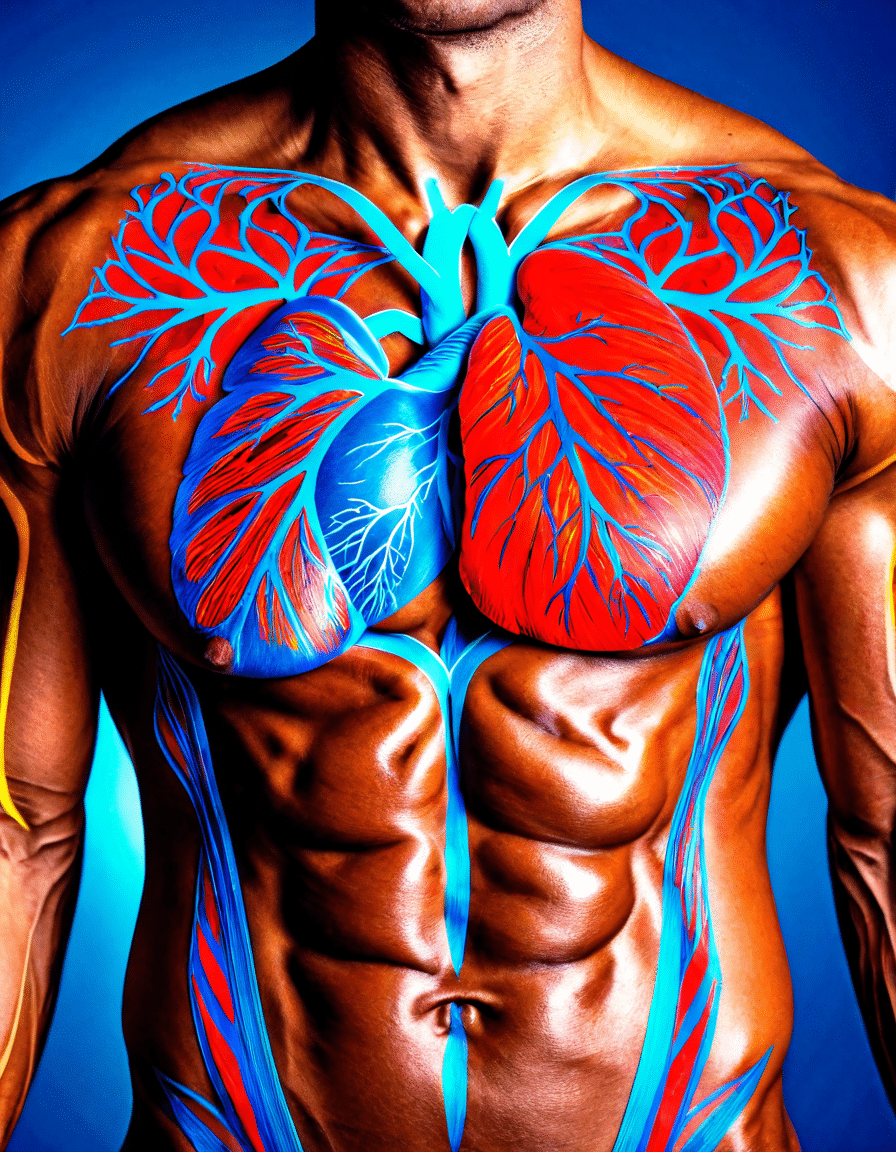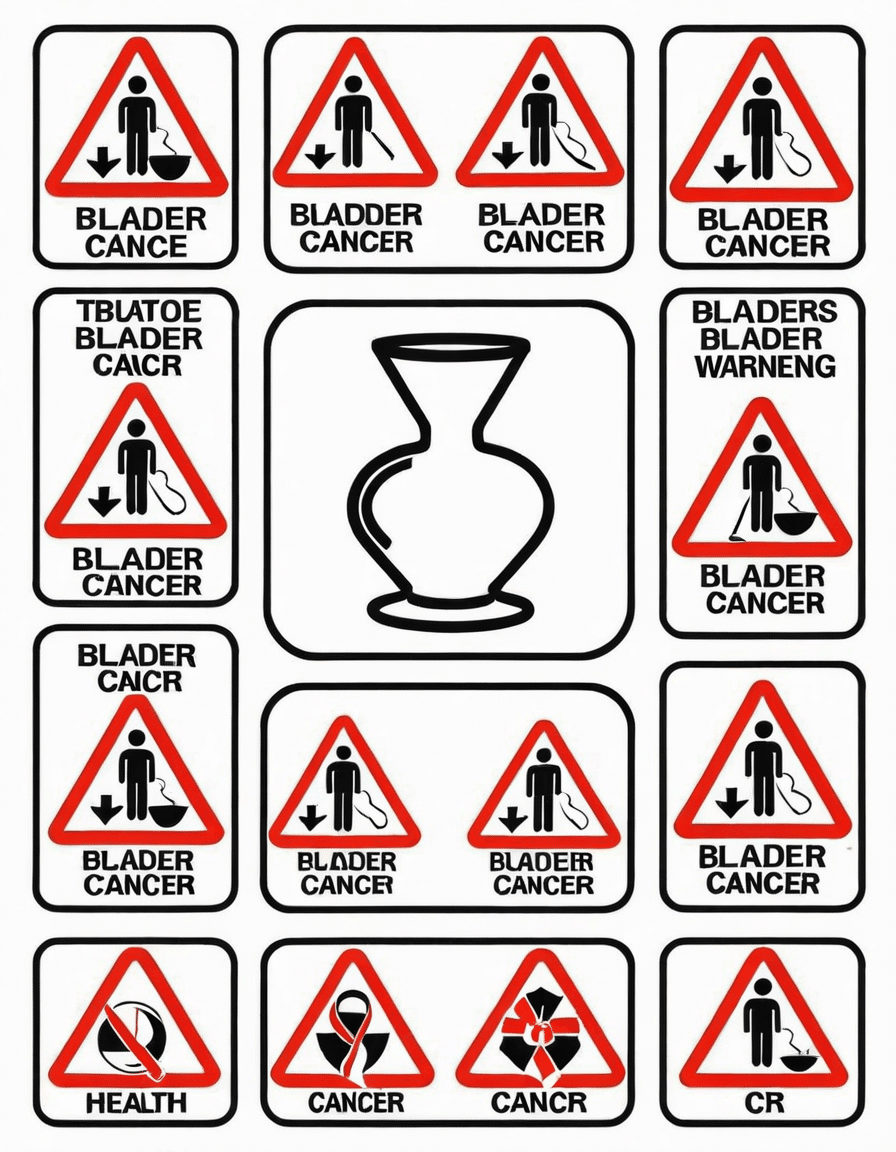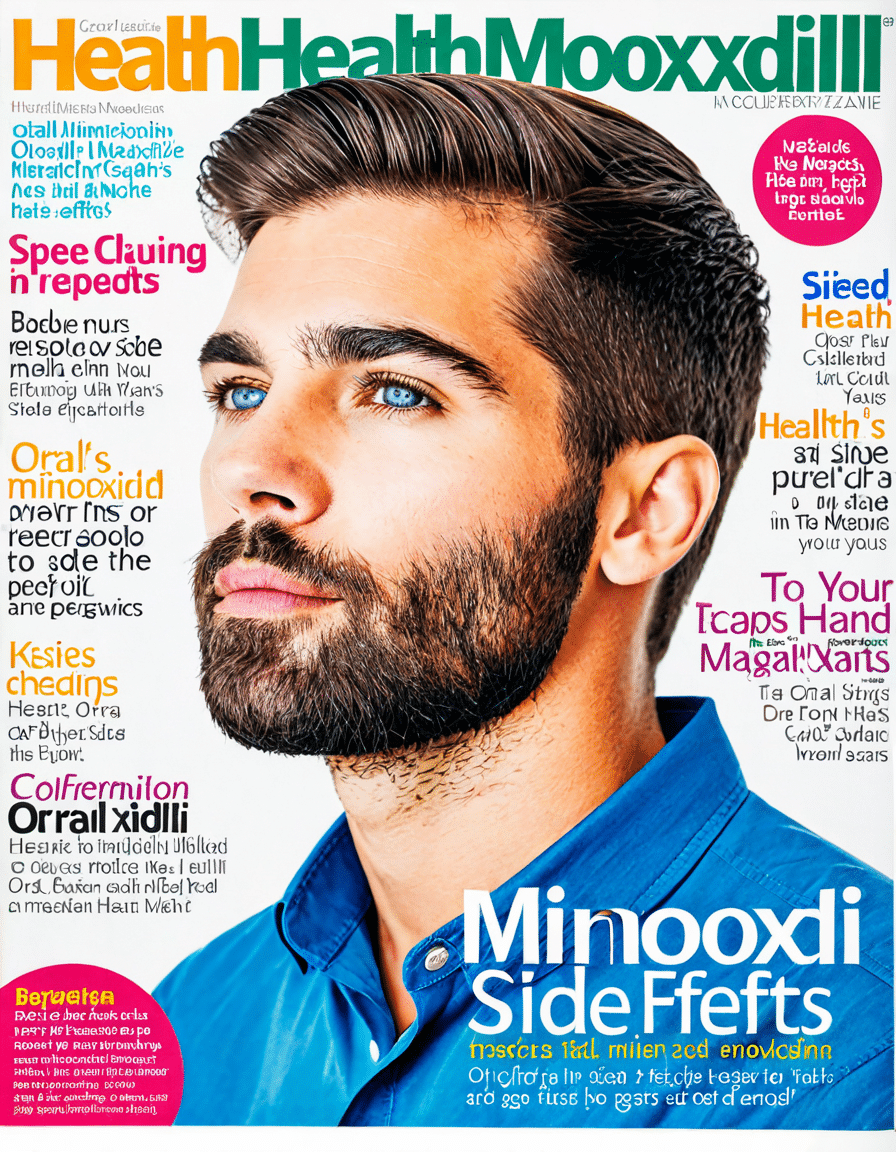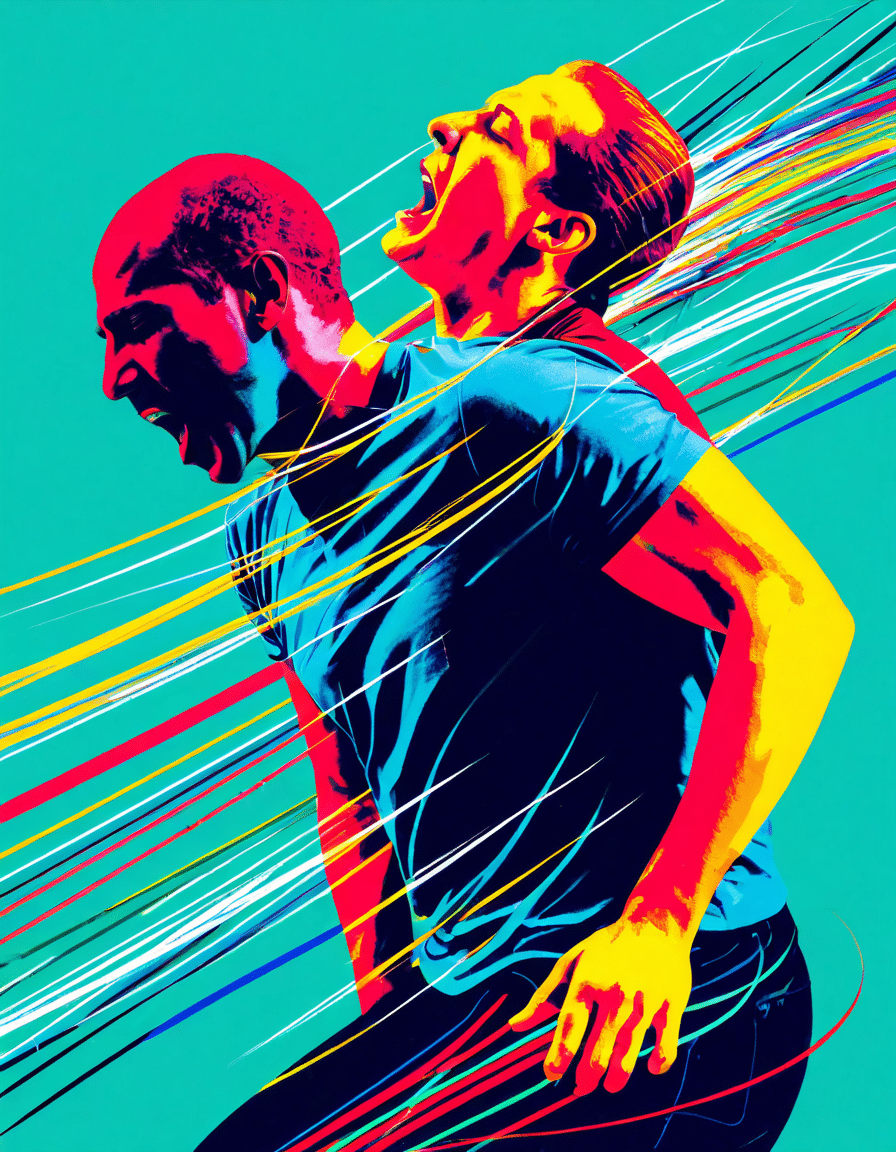Hypertrophic cardiomyopathy (HCM) is a genetic condition where the heart muscle thickens abnormally, which can unleash a storm of symptoms that severely impact your way of life. Understanding the flavors of hypertrophic cardiomyopathy symptoms is crucial for spotting this condition promptly. You wouldn’t ignore the warning signs when you’re gutting it out in the gym, and you can’t afford to overlook your heart either! Let’s dive into the important hypertrophic cardiomyopathy symptoms that demand your attention.
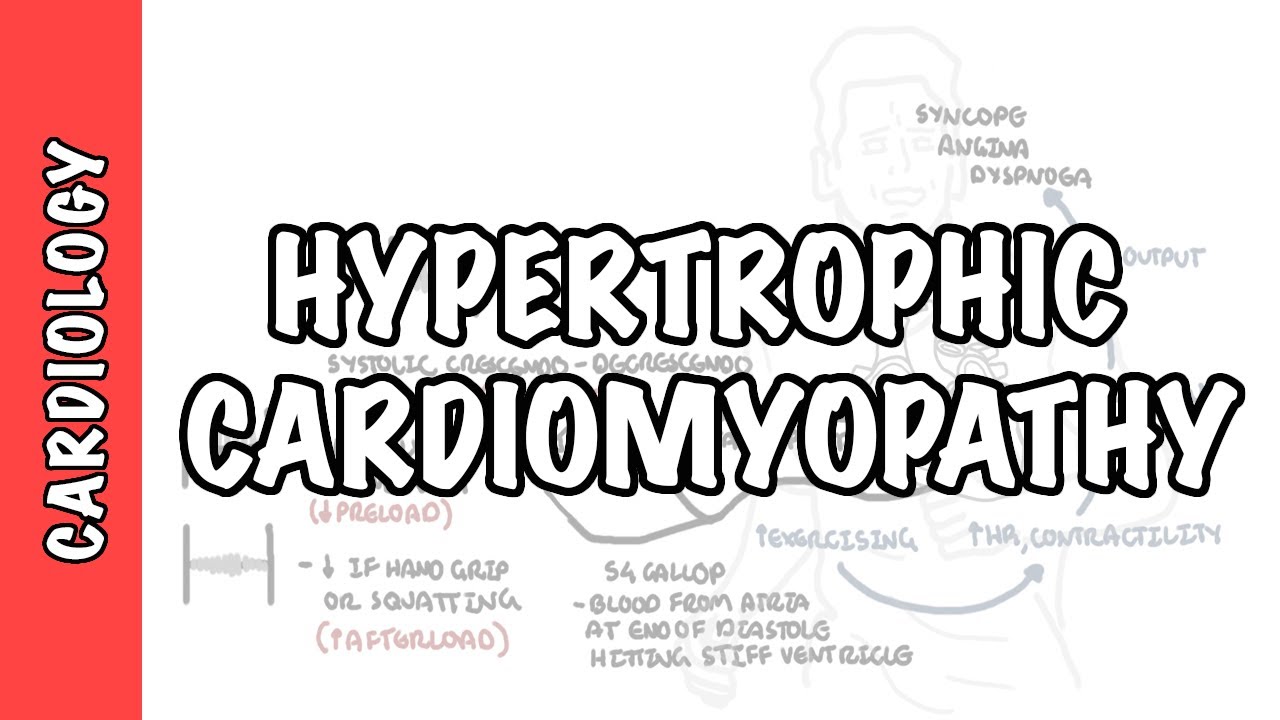
Top 7 Hypertrophic Cardiomyopathy Symptoms to Recognize
Recognizing hypertrophic cardiomyopathy symptoms early can transform your health trajectory. Here’s a rundown of the top seven symptoms you should watch out for:
1. Shortness of Breath
Feeling winded? Shortness of breath is one of the most prevalent symptoms of HCM. This can hit you during physical activities or, believe it or not, even at rest. If you find yourself gasping for air while doing something that used to feel easy, it’s time to pay attention. That thickened heart muscle may be making it tough for blood to flow like it should.
2. Chest Pain
Chest pain can be like a bad workout session gone wrong. Whether it’s a dull ache or a sharp jab, this symptom often arises when the heart doesn’t receive enough blood. Commonly noticed during exercise, this pain mirrors angina. Just like the efforts it takes to get shredded, ignoring this symptom can lead to more significant heart issues.
3. Palpitations
Hearts don’t just pump; they dance too! But if you’re feeling your heart race or flutter like you’ve just crushed a set, it could be palpitations. It’s often linked with irregular heartbeats—those rhythm disruptions associated with HCM. Believe me, you don’t want to brush this off; it can feel like your heart is trying to tell you something important!
4. Fainting or Syncope
Ever felt dizzy and wobbly? Fainting spells can strike those with HCM, especially during intense activity. This is often tied to significant heart rhythm disturbances. When your heart has to work extra hard, sometimes it just can’t keep up, leading to dizziness that may floor you.
5. Fatigue
Chronic tiredness can sneak up on you like an unexpected low-rep set. Everyday tasks may drain your energy, largely because the heart is struggling to keep up with demands. If activities you once breezed through have become exhausting, it’s time to give your health due diligence!
6. Swelling in Feet and Ankles
Everything not looking quite right around your feet and ankles? Fluid retention leading to swelling can signal that your heart isn’t pumping blood back to your body effectively. This may not just be a workout-induced problem, and it’s worth taking seriously.
7. Hypertrophic Cardiomyopathy and Vestibular Issues
Not too many know that HCM can have ties with vestibular issues like vestibular neuritis or vestibular migraines. If you’re battling dizziness or a spinning sensation, it can add another layer of health complexities that shouldn’t be overlooked. Keeping everything in check is crucial for holistic health!

How Hypertrophic Cardiomyopathy Symptoms Differ from Related Conditions
Now, it’s essential to distinguish hypertrophic cardiomyopathy symptoms from other conditions that may sound similar. For instance, while both HCM and vestibular neuritis can make you feel woozy, their origins differ significantly.
Recognizing these nuances could be crucial when communicating with healthcare providers about your health.
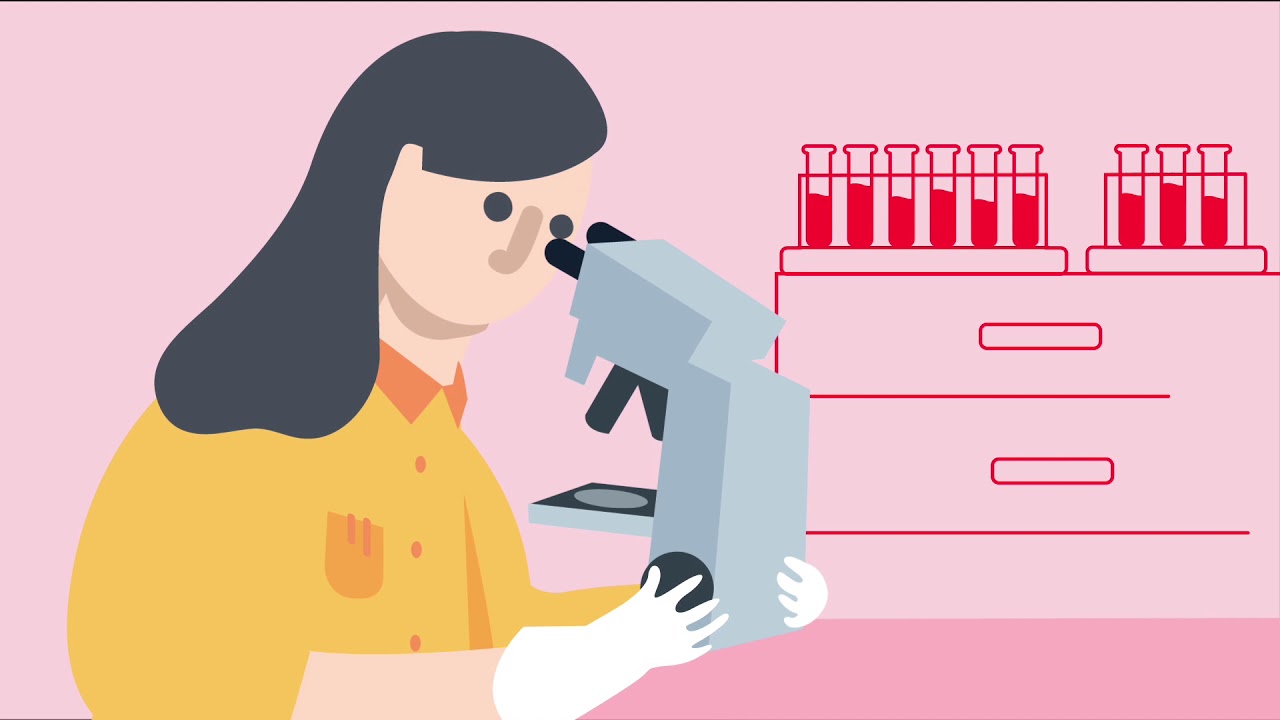
Why Symptom Awareness Matters
Becoming aware of hypertrophic cardiomyopathy symptoms can’t be stressed enough! Here are three solid reasons to keep your eyes peeled:

Innovative Approaches to Managing HCM Symptoms
Looking ahead to the innovations in 2026, there are fresh strategies to manage hypertrophic cardiomyopathy symptoms beyond the usual meds. Modern lifestyle modifications, including personalized exercise regimens, can help keep your cardiovascular health in check. Just like how Travis Scott keeps pushing boundaries in music, innovation isn’t standing still in health!
Digital health technologies have burst onto the scene too. Home monitoring kits allow you to keep an eagle eye on your heart health, delivering real-time insights right to your phone. And let’s not forget the fascinating research into neural modulation therapies designed to help those with vestibular issues, bridging the divide between cardiology and neurology.
Empowering yourself through education and embracing technology means taking charge of not only your HCM but any symptoms associated with it. Look at it this way: When you know your body inside and out, you’re setting yourself up for a healthier future.
In the pursuit of gunshow-worthy arms and a shredded physique, don’t lose sight of your heart! Recognizing hypertrophic cardiomyopathy symptoms is key. Treat your health as you would any fitness goal—don’t ignore the signs, act on them to pave the way for a robust, active life!
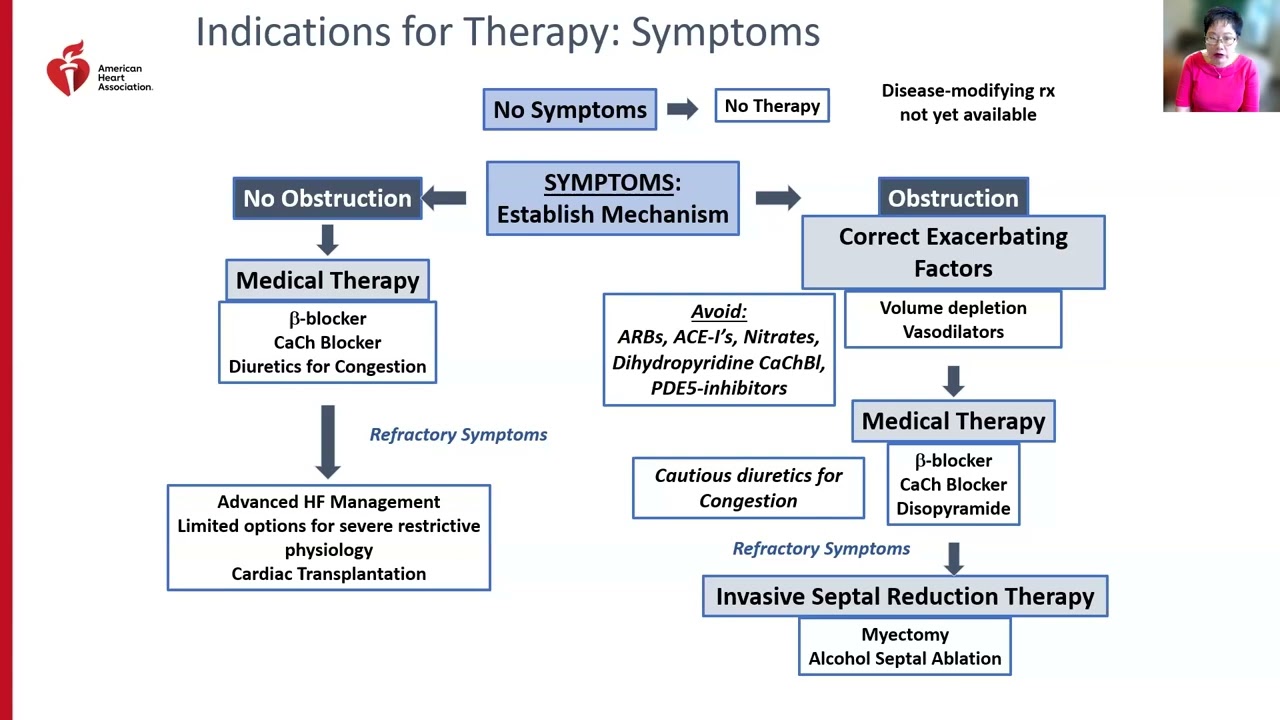
Hypertrophic Cardiomyopathy Symptoms You Must Know
Understanding Hypertrophic Cardiomyopathy Symptoms
Hypertrophic cardiomyopathy symptoms can often be tricky to identify. They range from mild to severe and can sometimes mimic those of other conditions, like hyperparathyroidism symptoms, which also involve changes in heart function. A typical sign is shortness of breath during exertion, which may lead some to mistake it for fatigue from a busy day. Interestingly, it’s essential to catch these signs early—much like how celebs like Khloe Kardashian shine a spotlight on health issues, raising awareness can save lives.
Another notable symptom is chest pain, which can also be a hallmark of many heart-related disorders. If you or someone you know experiences this, it’s wise to consult a doctor. Sometimes, this symptom may be mistaken for something less critical, like a fleeting discomfort from eating too richly at a local Paris Baguette. Unexpectedly, heart problems can surface in young athletes; this underscores the importance of regular check-ups, especially for those with a family history of heart diseases.
The Importance of Awareness
Awareness of hypertrophic cardiomyopathy symptoms is crucial for prevention. Some individuals report feeling dizzy or faint during physical activity, making it seem like just an intense workout. However, it’s fundamental to take these signs seriously, as was the case for musician Dan Reynolds, who has openly discussed his health struggles. Understanding that these seemingly common sensations could indicate a serious health issue can be a game-changer, aligning with the proactive approaches we often recommend for understanding conditions like hemarthrosis, which involve bleeding into joints.
Moreover, let’s not overlook how psychological factors can come into play, with conditions like erotomania reminding us that mental health impacts physical health. Individuals with intense stress or anxiety may experience symptoms that overlap heart issues, potentially blurring the lines further. Being well-informed can make all the difference, enabling proactive measures that promote overall well-being. Whether you’re diving into the specifics of hypertrophic cardiomyopathy or grabbing a warm bowl of and cabbage soup, everything connects back to taking care of your heart. Keep the conversation going, share the knowledge, and don’t hesitate to seek help when something feels off!





